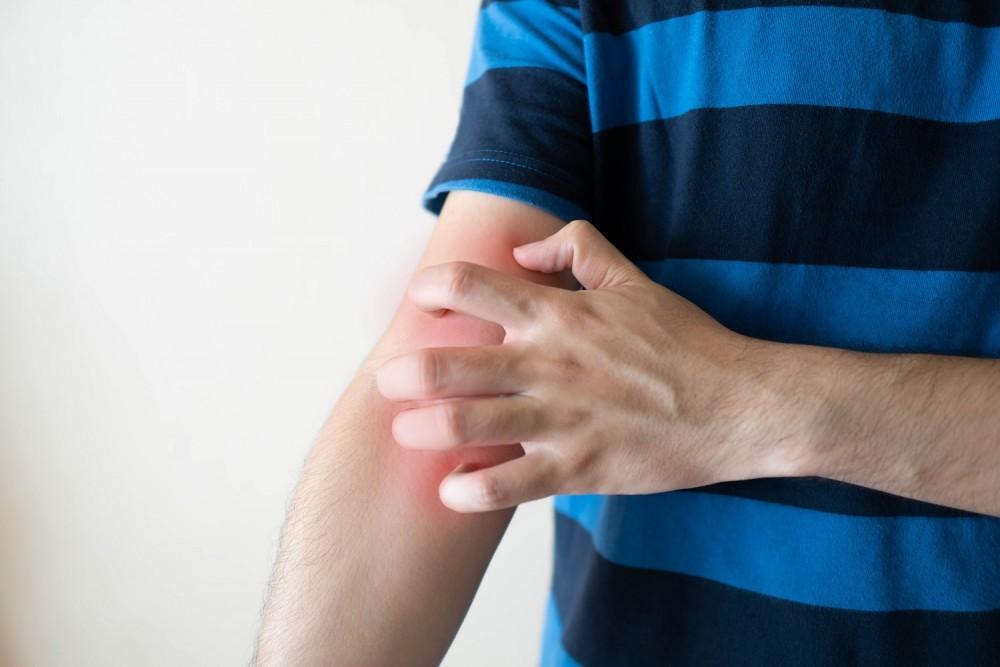At first glance, eczema and psoriasis may look nearly identical. Both conditions can lead to chronic skin issues like dryness and rashes, for example, and both may show up or intensify when you’re feeling stressed. But these conditions share key differences, too.
At Northstar Dermatology in North Richland Hills, Texas, our expert team of board-certified dermatologists diagnose and treat eczema and psoriasis so you can find lasting relief and lower your risk of frequent or intense flare-ups.
Here’s a closer look at eczema and psoriasis, including differences, similarities, and ways we can help.
Eczema and psoriasis similarities
Eczema and psoriasis are both chronic skin conditions that involve your immune system. At the same time, neither is classified strictly as an autoimmune disorder. They’re also both fairly common.
Symptoms that eczema and psoriasis may share include:
- A dry rash
- Scaly skin patches
- Itchy skin
- Flare-ups due to stress and infections
In some ways, eczema and psoriasis treatments are similar, too. For instance, your dermatologist may recommend a topical cream in both cases, an oral medication, or light therapy.
Eczema and psoriasis differences
Even though both psoriasis and eczema affect many people, eczema is about four times more common than psoriasis. That breaks down to about 32 million people in the United States living with eczema and 7.2 million living with psoriasis.
Symptom differences between eczema and psoriasis may include:
- Greater itchiness with eczema
- A burning sensation with psoriasis
- Thicker, raised, and more inflamed skin with psoriasis
- First appearance in infancy or childhood for eczema and at ages 15-35 with psoriasis
Your symptoms may also show up on different skin areas. Eczema often appears on body parts that bend, such as behind your knees or on your inner elbows.
Psoriasis may appear in additional places, such as the skin on your scalp and face, your lower back, the soles of your feet, and your palms.
What causes your symptom flare-ups may differ, too. Eczema symptoms often appear after your skin has been exposed to irritants such as a harsh soap or to allergens like pollen. Psoriasis, on the other hand, may worsen after a sunburn or injury.
The specifics of your treatment — such as your lotion or medication type — for psoriasis versus eczema may vary as well.
The best way to find out if you’re dealing with psoriasis or eczema is by way of an exam. To learn more about these conditions or get the care you need, call our office or request an appointment through our website link today.





